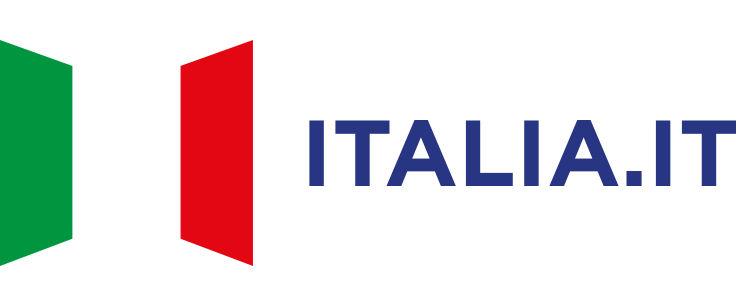Assistance
3 minutes
Health Care
Italy guarantees medical assistance to anyone who needs it and goes to a public hospital or similar facility (emergency rooms, polyclinics, doctor’s surgeries). In these cases, there is no charge. However, we recommend taking out travel health insurance before you depart, to make sure you are covered for any accidents and illnesses not covered by the National Health Service.
Remember that, in the event of a medical emergency, you can call the emergency number 118 to receive first aid.
Pharmacies
Pharmacies follow normal shop opening hours. In big cities, there are some that are open 24/7. On public holidays (e.g., Sundays) or for night-time emergencies, pharmacies are open according to a shift system: a calendar (displayed outside each establishment, even when closed) will let you know where to find the nearest one that is open.
Dentists
Foreign nationals temporarily visiting Italy are also entitled to basic dental care. You can simply go to a National Health Service surgery or, if necessary, to the emergency room.
Travelling Safely: Foreign Embassies and Consulates in Italy
Rome is home to the embassies of more than 200 countries: there, you can find out about the cultural initiatives organised by the various countries and business opportunities, as well as the procedures for working in Italy or obtaining a teaching qualification. Consulates can be of great help to tourists who may, unfortunately, find themselves in difficulty in Italy. They can also provide assistance in specific individual and group emergency situations and issue travel documents for returning home in the event of stolen or lost identity documents. The consulates of countries that have stable and frequent relations with Italy are located in major Italian cities. Many Italian cities are also home to honorary consulates that can help and support tourists in any eventuality.
You can easily find the Embassy or Consulates of your country in Italy online.
Complaints and poor service
If any problems occur during your stay in Italy, we recommend contacting the accommodation facility, restaurant, shopkeeper, etc., to request appropriate explanations. If this is not enough, you can take action to protect your rights, bearing in mind that it is important to collect and keep all documentation and direct evidence to prove your case (photographs and videos where possible, statements signed by other tourists, invoices of expenses incurred, etc.). If the poor service affected several people, you can take action by making a collective complaint.
Administrative violations
For issues including requests for prices other than those displayed, a lack of required licences, non-compliance with hygiene and health regulations, or the refusal to issue a receipt, you can contact the local municipal police or another Public Security Authority.
Criminal violations
Any theft, fraud or violent acts must be reported to the Carabinieri (Military Police) or the State Police, the report of which must be attached to any damage claim. The telephone numbers are as follows:
- Carabinieri: 112
- Police: 113
Assistance and Advice
For information, protection, assistance and advice on your rights, tourists can contact the Consumer Associations, united as the National Council of Consumers and Users.
You can also contact the Europe Direct service (tel. no. 00 800 67891011) from anywhere in the European Union or send an email using the dedicated form.
For the resolution of consumer disputes in EU/EEA Member States, you can get information about the “European Consumer Centres Network” (ECC Net) by visiting the website https://ecc-netitalia.it/en/ or www.euroconsumatori.org.


